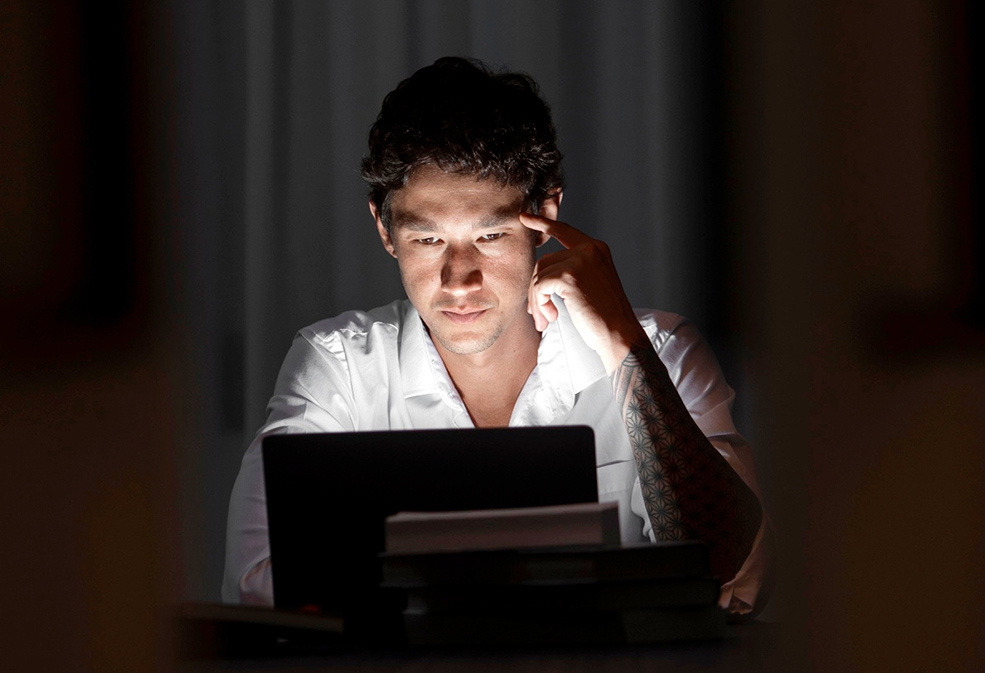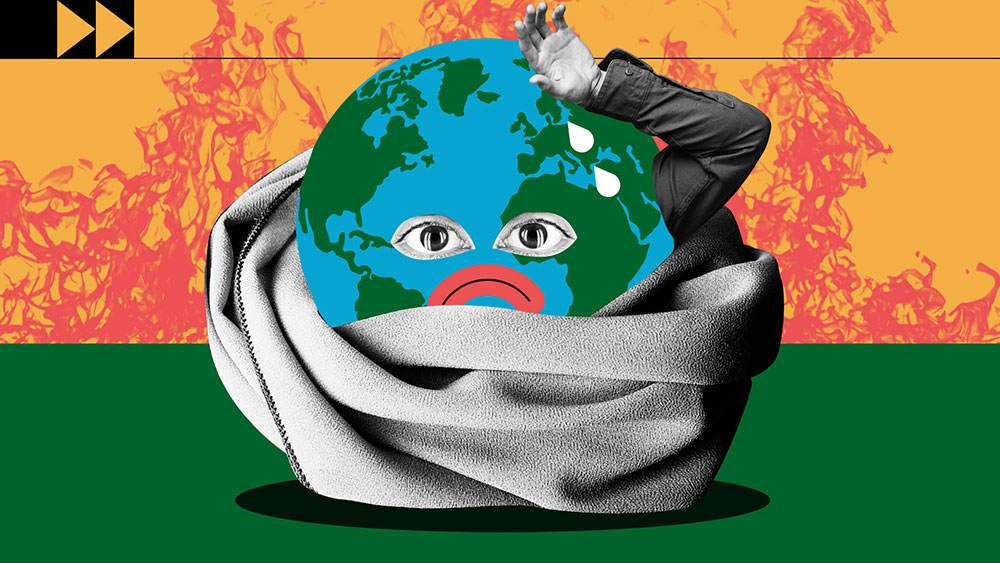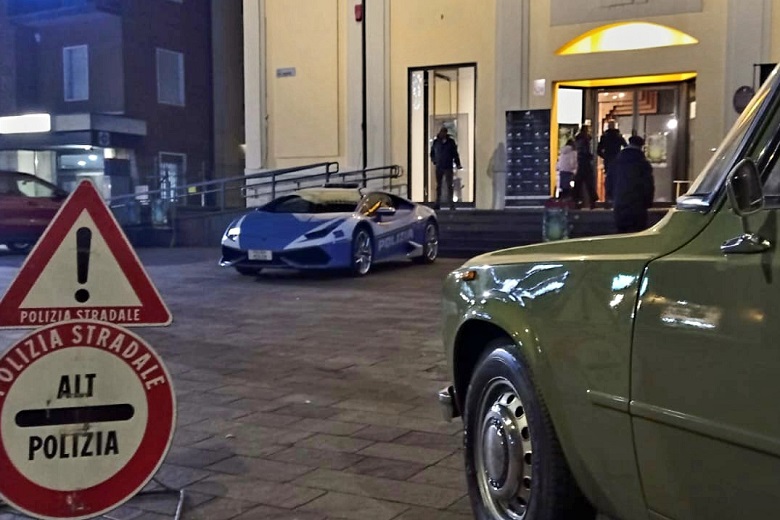The massive missile attacks on Ukraine’s energy system, resumed by the terrorist state of the Russian Federation in the spring of 2024, have predictably led to prolonged blackouts. To say that Ukrainians have gotten used to this would be an understatement. One should neither get used to nor tolerate bad circumstances. Every person in our world deserves to live in dignified conditions simply by virtue of being born (except for those who consciously take up arms and attack their neighbors without reason – such “people” deserve only to be brought to justice for war crimes).
Ukrainians haven’t gotten used to blackouts, but they have adapted. Since the winter of 2022-23, when Russia first used the tactic of pressuring Ukraine’s civilian population by destroying civilian infrastructure, all Ukrainians have equipped themselves with the necessary minimum for potential power, water, and heating outages. Power banks and charging stations, gasoline generators and solar panels, flashlights, lamps, rechargeable lights, and thermal underwear – these are now common household items in this peaceful European country, whose enraged neighbors have decided that they are threatened by some imaginary “Ukrainian neo-Nazis.” Lines from Simon and Garfunkel’s famous song, “The Sound of Silence,” have become a kind of evening greeting for residents of Ukrainian cities when entire neighborhoods experience stabilization power outages:
Hello darkness, my old friend
I’ve come to talk with you again…
And when the lights go out, the next question arises – what to do? The characters in the 2014 comedy mockumentary horror film directed by Taika Waititi, “What We Do in the Shadows,” pondered a similar question. However, the film’s characters were vampires, which somewhat expanded their range of possible activities. Ukrainians have to come up with more prosaic pursuits.
It’s easiest for those who have long mastered meditative practices – sitting in a lotus position, chanting a mantra, and dissolving into the ether. Or those whose biorhythms are not spoiled by civilization and who can simply go to sleep at sunset, as our ancestors did. Those who need to work online connect their backup autonomous internet to the router and type on the keyboard by the light of camping lanterns until the power banks run out.
The rest do whatever they can: watch pre-downloaded movies on their laptops, read books (thanks to the blackout, the demand for regular paper books in Ukraine has significantly increased despite their cost), eat in the dark like patrons of the famous “Dans le Noir?” restaurant chain, whose gimmick is dining in complete darkness. Some go for an evening run or to the nearest café powered by generators, or simply walk until curfew, which has been in place in Ukraine for the third year now, thanks to the efforts of the “brotherly Russian people.” By the way, evening stargazing during a blackout truly makes sense. When several city blocks simultaneously plunge into darkness, the level of light pollution (also known as “skyglow”) significantly decreases, and even the naked eye can see many more constellations than would be possible in a brightly lit evening boulevard.
However, long walks are an activity for late spring and summer; in winter and autumn, all social life for “powerless” Ukrainians takes place at home or with friends – after all, it’s more fun to sit in the dark in company, especially when the air raid siren wails outside, and monitoring channels report Russian “Shaheds” prowling the sky in search of vulnerable spots in critical infrastructure, or Russian strategic bombers approaching their launch points…
Practice shows that at such moments, even the most diverse companies are united by one common feeling that needs no words – genuine hatred for the Russians unites a group better than any expensive and complex teambuilding. Of course, you can also engage in stranger activities – dance like Björk in the film “Dancer in the Dark,” learn Braille, or wander around the apartment with night vision goggles (provided that this device will go where it is truly needed tomorrow – to the front line to the Ukrainian Armed Forces soldiers).
But whatever we do in the dark, the main thing is to never forget the name of our common enemy for a moment and to do everything possible so that this enemy ultimately suffers a crushing defeat and crawls back to its plague-ridden country for a long time (if not forever).
And this can be done without light.
Source: The Gaze







